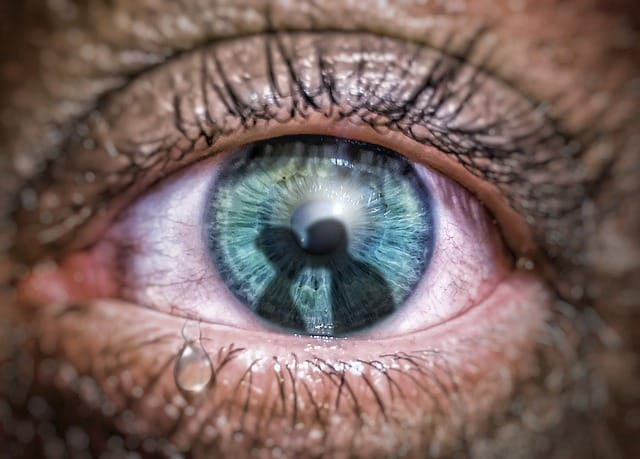
Jealousy makes the mere idea of being deceived untenable
The etymological origin of the term celotipia is found in the Latin word zelotypĭa , in turn derived from the Greek zēlotypía . The Royal Spanish Academy ( RAE ) defines the concept as the passion caused by jealousy .
pathological jealousy
In this case we are interested in the meaning of passion as an alteration of the mood . Jealousy , meanwhile, is experienced when one fears that something intended or one's own will be obtained by someone else , or when one feels envious of something else .
If jealousy becomes pathological , it is called celotypy . It is a psychological disorder that very possessive individuals suffer from.
Jealousy is an emotional response . Faced with the possibility of losing someone or something loved, an emotional state occurs that is negative and is linked to fear and anguish . In general, a distinction is made between a certain "acceptable" degree of jealousy, associated with the desire to preserve what one loves, and jealousy that can even lead to episodes of violence .
In a broad sense, jealousy is always problematic. If it reaches jealousy, possessiveness becomes difficult to manage and controlling behaviors arise.
sexual jealousy
Sexual jealousy , in this context, is frequent. The subject convinces himself that his partner is being unfaithful , even though there is no reason to think that. For this person, everything the other person does is suspicious, which makes the relationship unsustainable. Furthermore, jealousy can lead you to act violently.
In the midst of a state of jealousy, the relationship suffers more than the potential physical violence and excessive control of the other person, as it becomes clouded by mistrust and arguments . The person who experiences jealousy does not allow the other person to use their own space, but instead constantly invades them and provokes confrontations because they are tormented by the mere idea of being deceived or abandoned.
The other party, the one on the receiving end of jealousy, feels overwhelmed by such a level of surveillance and demand for explanations, which leads them to tire of the relationship. All of this wears out the bond and generates the need to cut it, something that cannot in all cases be carried out without problems of violence. This is where professional help comes into play, which can be given in the form of couples therapy .
More precisely, cognitive behavioral therapy is especially useful for overcoming jealousy in a couple. Through a series of techniques, the professional seeks to change the behavior of the person who suffers from jealousy to show them that there are no reasons to suspect the other. It also focuses on improving self-esteem, creating a safe environment, giving both parties their autonomy and reinforcing dialogue.

Lack of trust is a characteristic of jealousy
Causes of jealousy
In each person, jealousy can arise for different reasons, but psychologists have identified certain personality traits that usually appear in patients with this disorder. The first of them is the fear of being alone , which manifests itself through negative thoughts every time the other person has plans that do not include their partner.
Low self-esteem is another cause of jealousy, because it leads us to think that our partner would prefer another person if they could choose, because they would surely be better than us in several aspects. Having had bad love experiences can also push us into an unsustainable state of jealousy, for fear of history repeating itself. Finally, some psychological problems are considered causes of jealousy; Among them are narcissism and paranoia .
